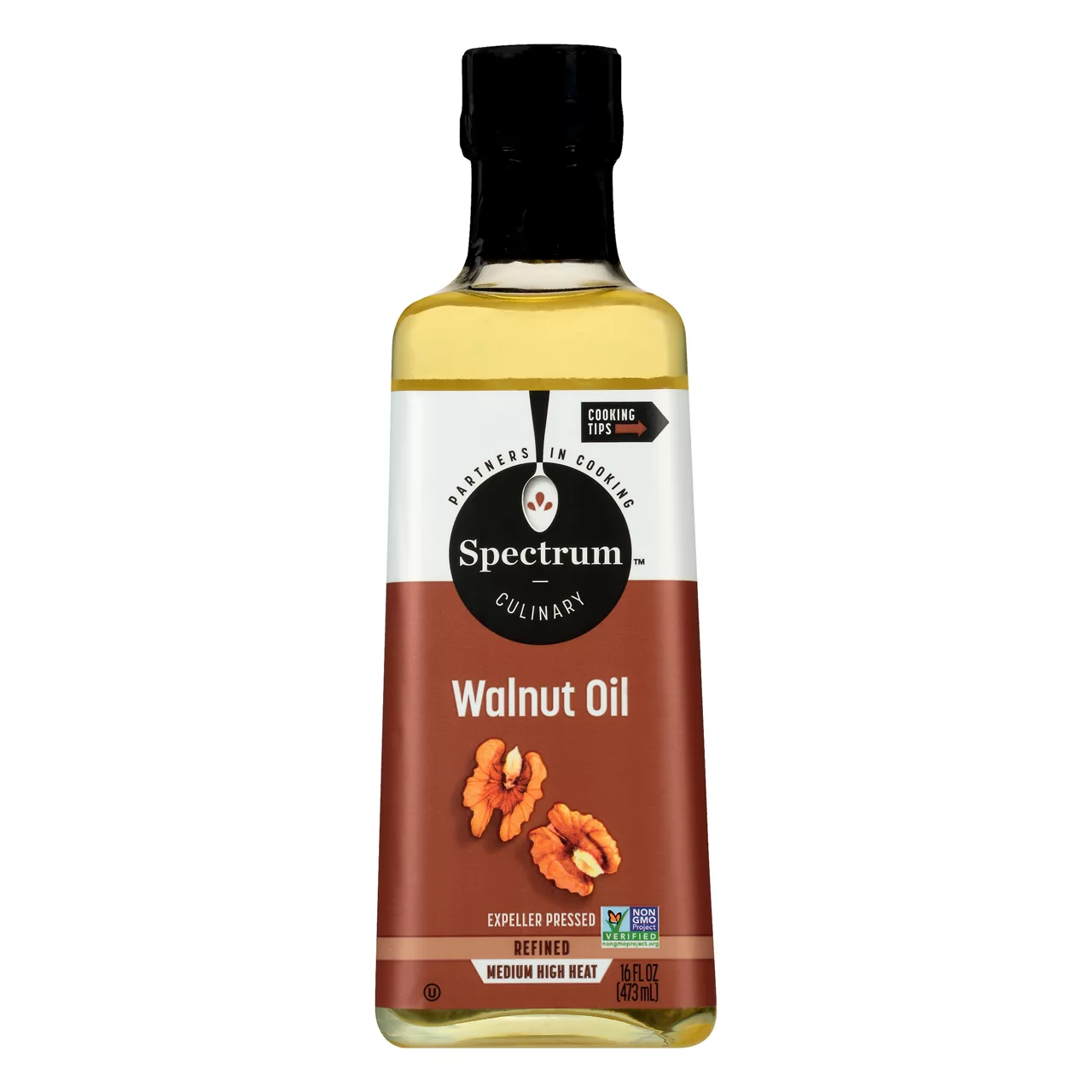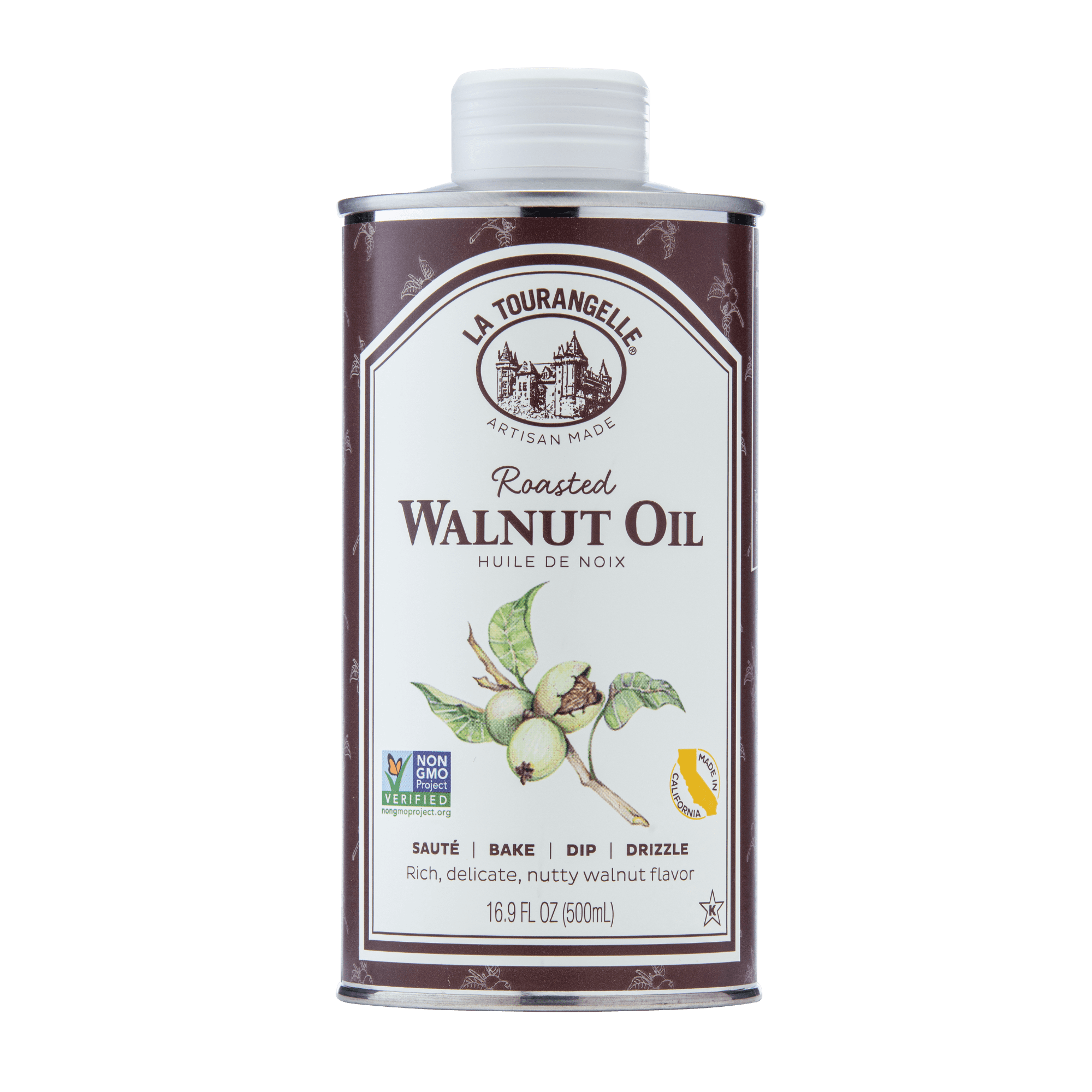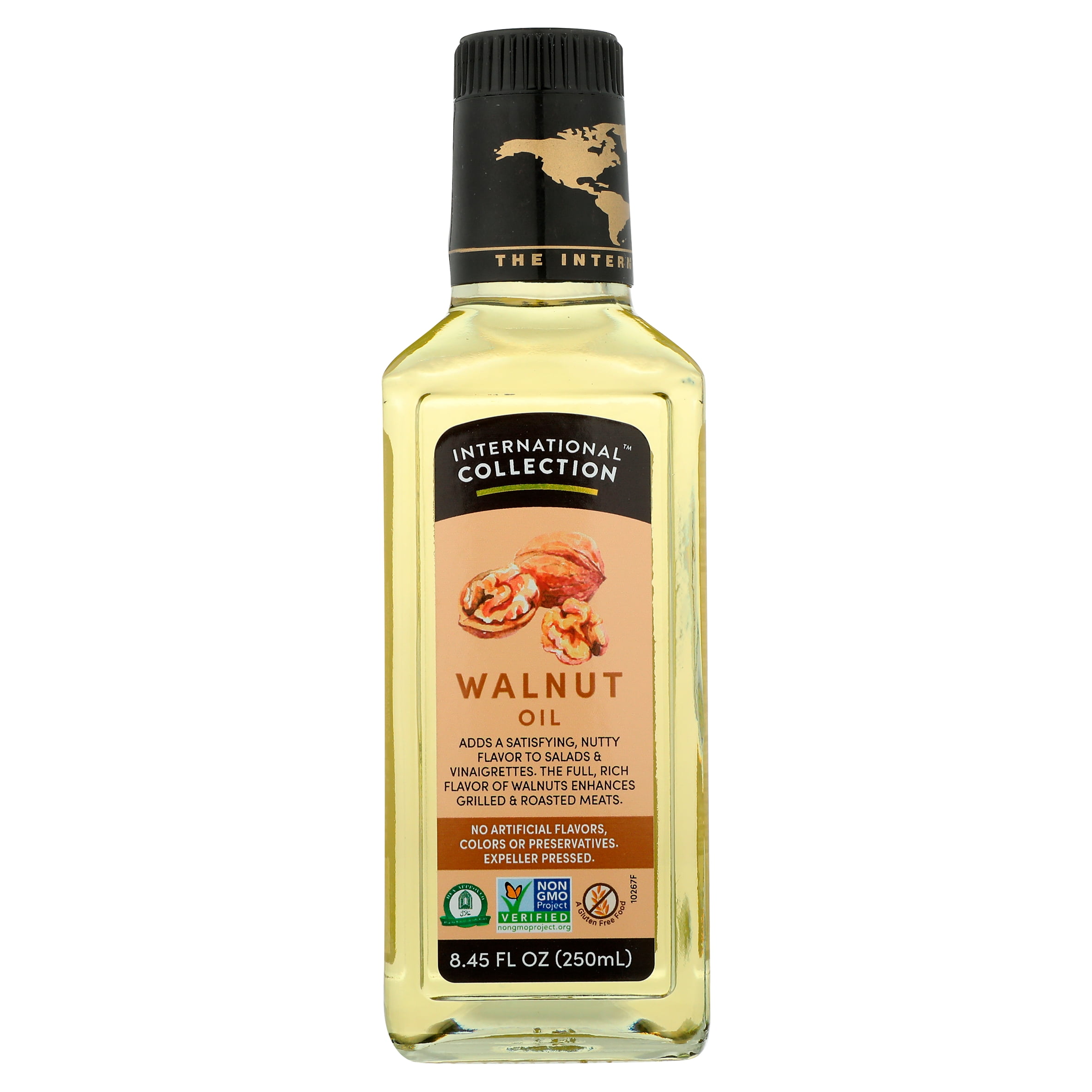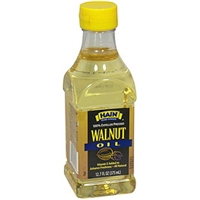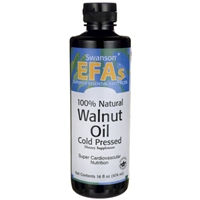SALADS
SIDE DISHES
CONDIMENTS AND SAUCES
Walnut Oil
Walnut oil is a versatile, flavorful, and nutrient-rich oil extracted from the nuts of the walnut tree. It has a distinct nutty taste and aroma, making it a popular choice for adding depth and nuance to both sweet and savory dishes. Its high concentration of essential fatty acids, particularly omega-3, offers various health benefits, making it a popular addition to the health-conscious cook's pantry.
When using walnut oil in cooking, it's best suited for cold applications, like in dressings, sauces, or drizzling over dishes, as its delicate flavor can be altered by high heat. However, it can be used for low-heat cooking, such as gentle sautéing. While it can be a bit pricey, a small quantity of this luxurious oil elevates the overall dining experience in salads, pastas, and desserts.
0%
CARBS
100%
FAT
0%
PROTEIN
72 Walnut Oil Products
Spectrum Culinary Walnut Oil
La Tourangelle Oil Roasted Walnut
International Collection, Walnut Oil
Octonuts Cold-Pressed Virgin Walnut Oil
Spectrum Refined Walnut Oil
Walnut Oil & Extra Virgin Olive Oil Keto Blend
365 by Whole Foods Market, Oil Walnut
La Tourangelle, Roasted Walnut Oil, Plant-Based Source of Omega-3 Fatty Acid, Cooking, Baking, & Beauty
Hain Pure Foods Oil Walnut
Swanson 100% Natural Walnut Oil, Cold Pressed 16 fl oz (473 ml) Liquid
Used In 1 Recipe
Walnut Oil Is Frequently Used With
Walnut Oil FAQ
Walnut oil brings with it a richness and depth that can enhance an array of dishes. The most common questions about walnut oil usually revolve around its use in cooking and baking, its heat tolerance, and its health benefits. However, people often go wrong by using it in high heat cooking where its subtle flavor can be lost, and its nutritional benefits may be diminished. The trick is to use it primarily for finishing or in cold applications, properly integrating it with other ingredients to maintain its distinct, nutty profile. Also remember that a little can go a long way, so dress salads, pastas and even desserts sparingly.
Does walnut oil taste like walnuts?
Can I use walnut oil for frying?
Does walnut oil have health benefits?
Can I use walnut oil for baking?
Can I use walnut oil instead of olive oil?
Does walnut oil work in a vinaigrette?
Can I use walnut oil on pizza?
Does walnut oil work in pasta dishes?
Can I use walnut oil on grilled vegetables?
Can I cook pancakes with walnut oil?
Expiration & Storage Tips
When does walnut oil expire?
Unopened bottles of walnut oil can last up to one year in a cool, dark pantry. Once opened, it's best to use the oil within 2 to 3 months. If you've chosen to refrigerate or freeze your walnut oil, you can extend its life to one year. Never keep the oil near heat or light, as it can turn rancid pretty quickly.
How do you tell if walnut oil is bad?
If your walnut oil has gone bad, you'll notice a change in its smell and taste. Instead of a rich, nutty aroma, it will smell sharp or paint-like. The color may change, becoming darker, and the texture might become cloudy or thicker. Rancid oil can also have a bitter or sour taste. Always taste a small bit if you're unsure; if it leaves an unpleasant taste or creates a burning sensation in your throat, it's time to dispose of it.
Tips for storing walnut oil to extend shelf life
• Store in a cool, dark place away from heat and light. These can speed up the oil's oxidation, causing it to turn rancid.
• Once opened, consider refrigerating the oil to extend its shelf life. It'll become cloudy, but will clear up once it returns to room temperature.
• If you use it infrequently, consider freezing the oil in ice cube trays. This way, you can defrost only what you need and keep the rest fresh for longer.
• Always keep the cap secured tightly when not in use. Oxygen contributes to oil oxidation, causing it to become rancid faster.
• Use a clean, dry spoon or pourer when using the oil, to avoid introducing bacteria or moisture into the bottle.
EXPIRES WITHIN
12 - 24
MONTHS
Substitutes
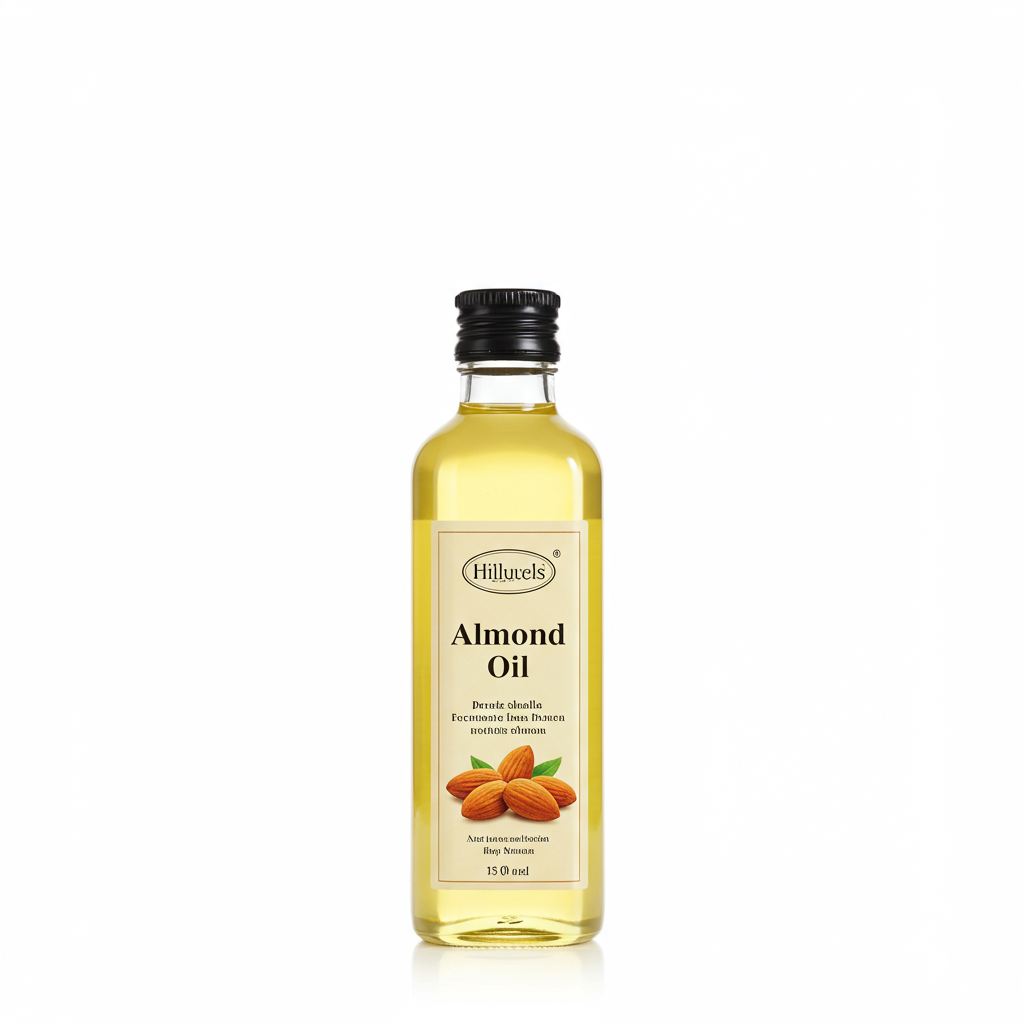
Almond Oil

Hazelnut Oil

Macadamia Oil
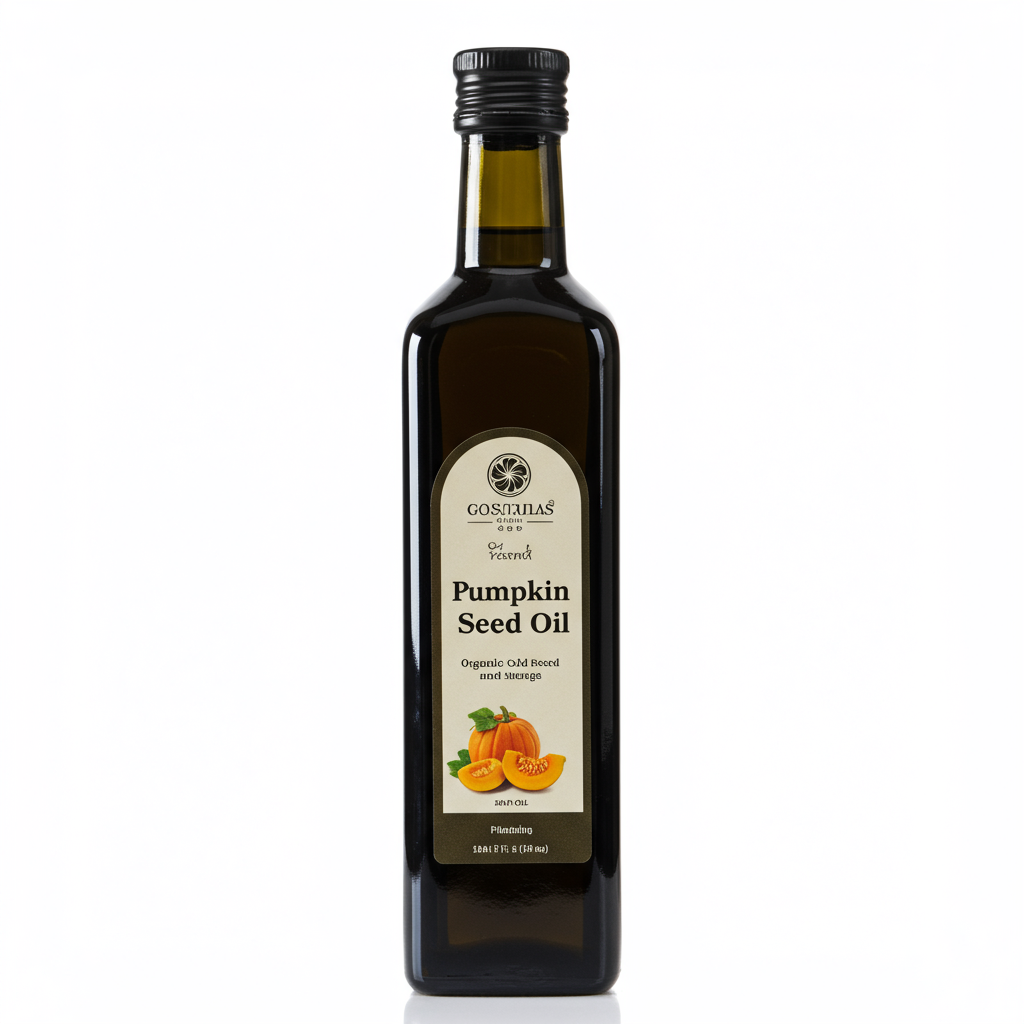
Pumpkin Seed Oil

Soybean Oil

Flax Seed Oil

Cooking Oil

Canola Oil

Avocado Oil

Corn Oil
See All
Health Info
Macros
0g
CARBS
13g
FAT
0g
PROTEIN
Allowed on these diets
LOW FAT
HIGH CALCIUM
VEGETARIAN
KETO
PALEO
WHOLE 30
MEDITERRANEAN
LOW CARB
VEGAN
LACTOSE FREE
GLUTEN FREE
Contains these allergens
TREE NUTS

